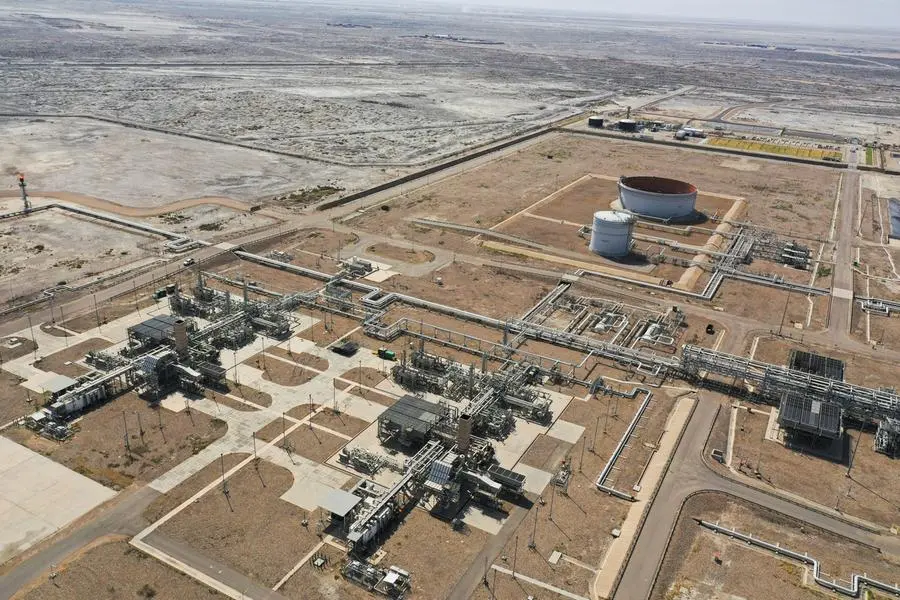PHOTO
Iraq plans to reduce its oil output to between 3.85 million and 3.9 million barrels per day in September as part of a plan to compensate for producing over its quota agreed with OPEC and allies, a source with direct knowledge of the matter told Reuters on Thursday.
The plan comes just as Libyan oil production drops due to a political dispute between different factions.
The declines will tighten the oil market ahead of a planned output increase by OPEC and its allies - known as OPEC+ - from October to begin unwinding some production cuts.
Iraq produced about 4.25 million barrels per day (bpd) in July, according to the Organization of the Petroleum Exporting Countries, citing secondary sources. That is above its quota of 4 million bpd.
The oil ministry had submitted a plan to OPEC to compensate for the overproduction between this month and September next year. Iraq's cumulative overproduction between January and July was 1.4 million bpd, OPEC said last week.
Iraq cancelled a spot cargo of 1 million barrels in August to reduce its exports during the month, the source said.
There were bids for the cargo but it was taken off the market, the source said, adding two more cargoes of the same size will be deferred from August to September.
Baghdad plans to reduce its output from September onwards by cutting exports to 3.3 million bpd or lower, from 3.43 million bpd, as well as cutting local consumption to 500,000 bpd from 570,000 bpd and asking the Kurdistan Regional Government to cut its output to 50,000 bpd from 150,000 bpd, the source said.
OPEC Secretary General Haitham Al Ghais was in Baghdad on Wednesday and met with Iraqi Oil Minister Hayan Abdel-Ghani.
OPEC said on X that Abdel-Ghani "reiterated Iraq's commitment to the full and timely implementation of production level adjustments, including compensation plan as agreed under the Declaration of Cooperation (DoC) framework," using the formal name for OPEC+, which groups de facto Saudi-led OPEC with producer allies including Russia.
(Reporting by Maha El Dahan; Writing by Yousef Saba; Editing by Mark Potter )





















